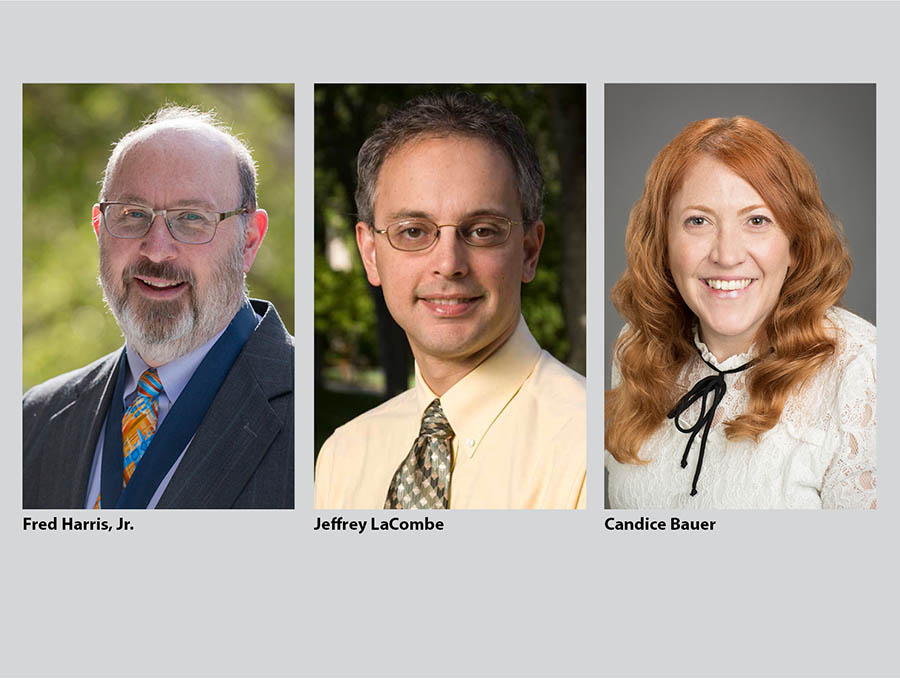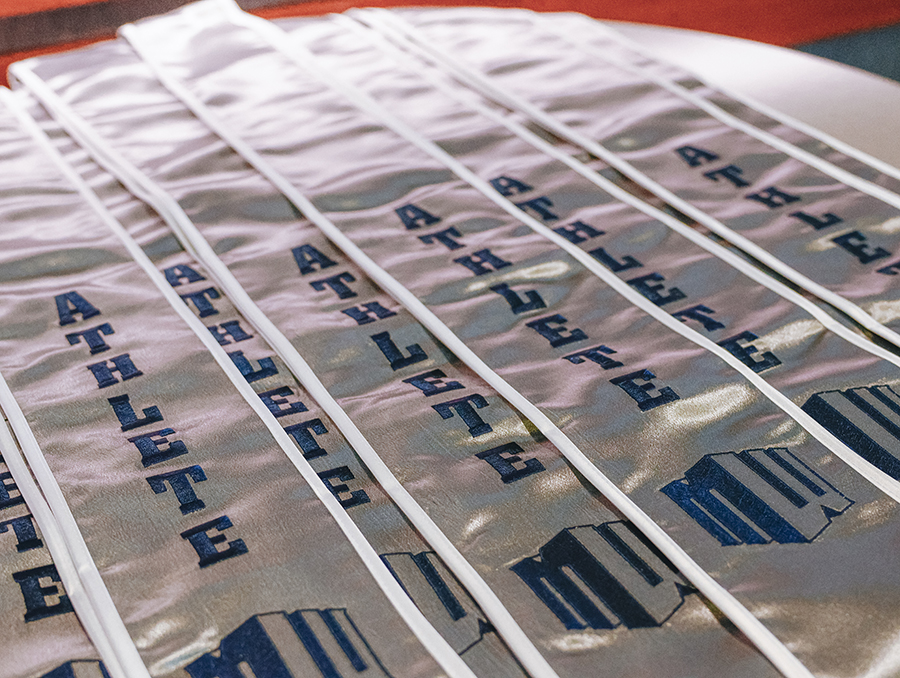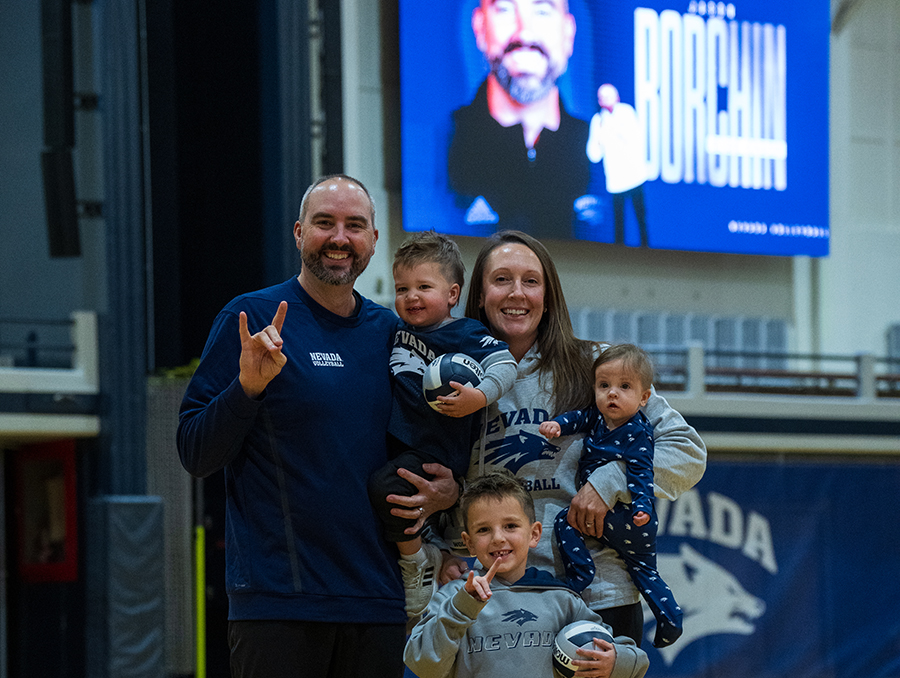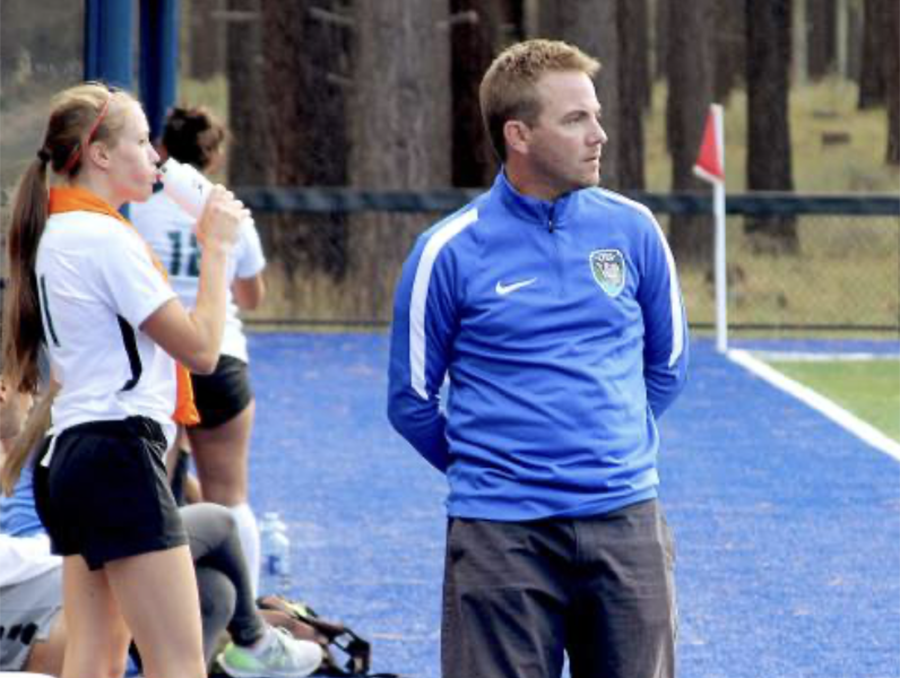The College of Engineering’s leadership team has expanded to include two new associate dean positions and an assistant dean position.
Computer Science & Engineering Foundation Professor Fred Harris has been appointed associate dean for research. Chemical & Materials Engineering Associate Professor Jeffrey LaCombe has been appointed associate dean for faculty and academic affairs. They will join Associate Dean Indira Chatterjee, who oversees undergraduate and graduate education within the College.
Candice Bauer, the College’s director of student affairs and assessment and associate teaching professor, has assumed the role of assistant dean for assessment, compliance and evaluation.
Additionally, Chemical & Materials Engineering Associate Professor Victor Vasquez has taken on the role of chair for the Chemical & Materials Engineering Department, replacing LaCombe.
“I am excited to have these outstanding academics join the College’s leadership team,” Dean Erick Jones said. “I am confident that this expanded team will help our College achieve its twin goals: preparing the engineers of the future and significant research that has world-wide impact.”
The team will work to implement the College’s new strategic plan, currently under development, to achieve those goals.
Boosting research efforts
Harris brings an impressive background to the position of associate dean for research. He has served as a principal investigator (PI), co-PI or senior personnel on projects drawing more than $90 million from private companies and federal agencies such as the National Science Foundation (NSF), the Office of Naval Research (ONR) and NASA. Additionally, he is the director of the Nevada Established Program to Stimulate Competitive Research (EPSCoR) for the Nevada System of Higher Education (NSHE). He is the PI for the $20 million NSHE fire-science project funded through NSF EPSCoR, “Harnessing the Data Revolution for Fire Science,” announced last spring.
He is clear about what is needed to support the College’s research efforts.
“We’re trying to increase the amount of research dollars that we bring in,” Harris said.
In FY21, the College’s research awards totaled $19 million. With an emerging strategic plan that likely will focus on five research areas — critical materials; equitable infrastructure; cybersecurity; green projects; and unmanned vehicles — the ability to garner funding for this work will be crucial.
Especially important will be growing the number of researchers in the College.
“We want to increase the number of research assistant positions,” Harris said. “We want to attract the best students, from Nevada as well as elsewhere, and bring them here to help bolster our research productivity.”
Harris joined the University in 1994 as an assistant professor in the Computer Science Department. He became an associate professor in 2000 and a full professor in 2007. He was also affiliated with the Desert Research Institute, the nonprofit research arm of NSHE, from 2004 to 2015.
Building the College’s operational pillars
LaCombe also has a strong research background, including work in the areas of microstructural stability, materials processing and more. Additionally, he has focused on engineering education, including the College’s CREATE program for academically talented, financially eligible students and co-authored a recent paper, S-STEM: Creating Retention and Engagement for Academically Talented Engineers, outlining the program’s progress for an American Society of Engineering Education (ASEE) conference.
In his new role as associate dean for faculty and academic affairs, LaCombe envisions working closely with Dean Jones to execute a strategic planning process framed around the College’s operational pillars of workforce development and broadening participation in the engineering profession, among other things.
“I envision that in working toward these goals, I will be engaged in supporting the established programs and activities in the College’s numerous areas of excellence,” LaCombe said, “as well as developing and supporting new initiatives such as in the area of global, sustainable supply chains that leverage interdisciplinary expertise across the college, university and the region.”
LaCombe has been at the University since 2000, joining the College of Engineering in 2003 when the materials science and chemical engineering programs moved into the College from the Mackay School of Mines.
Maintaining accreditation, supporting staff and diversity mission
Bauer’s history with the College dates back to 1997, when she was a student in the Mechanical Engineering Department. After graduate school, she returned to the College to teach and eventually took on the role of director of student affairs and assessment, which included ensuring that the College maintains its accreditations through ABET, an organization that accredits college and university programs in applied and natural science, computing, engineering and engineering technology.
In her new role as assistant dean for assessment, compliance and evaluation, Bauer will continue to ensure that the College’s programs have the resources and data to complete their assessment cycle for accreditation. She also will assist the University’s Silver Core board and committees with implementing the reverification process and assessment procedures for core objectives. Additionally, Bauer’s new role involves reinvigorating the College’s plans for faculty training and its diversity mission.
As assistant dean, Bauer also will support the College’s operational pillars. In the area of workforce development, Bauer said, “we are innovating some components of education delivery, including the use of assessment-based grading, formative assessment for continuous improvement, creation of a teaching academy and investing into more lifelong learning for K-12 outreach, our students, our faculty and staff.”
















